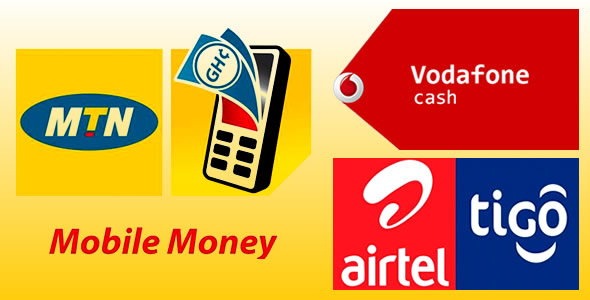GRA, Banks and Telcos ready for E- levy implementation

Unpopular Electronic Transaction Levy is set to take effect on Sunday May 1, 2022.
Electronic Transaction Levy” or “E-Levy” of 1.75 percent on electronic transactions above GHs 100 (US$16) per day.
The levy will be applied to mobile money payments, bank transfers, merchant payments, and inward remittances (MoF 2022 Budget Highlights). In March 2022, Ghana’s Parliament approved the bill with 1.50 percent taxation on electronic money transfers.
All charges will be borne by the sender except in the case of inward remittances where the charge will be borne by the recipient. According to the Finance Minister, the country’s total digital transactions for 2020 were estimated to be over GH¢500 billion (about US$81 billion) compared to GH¢78 billion (US$12.5 billion) in 2016. As a result, Government is projecting to rake in tax revenue of about GH¢6.96 billion (US$1.1 billion) in 2022, and about GH¢26.90 billion (US$4.5 billion) from 2023 to 2025 after the implementation of the electronic transaction levy to help widen the tax net and rope in the informal sector (PwC 2022 Budget Digest).
This development caused a lot of confusion and raised both public and media attention when the on 17th November 2021, the Minister for Finance announced during the presentation of the 2022 Budget Statement and Economic Policy of Government to the Parliament of Ghana an introduction of Electronic Transaction levy.
As the bill passed by parliament and assented by the president, it has become legal for the e-levy to take effect.




